https://fldmp.com/9Rick%20Blyth%20-%20Chrome-Ext/12-%20Exit/04-Where%20To%20Sell.mp4
https://fldmp.com/9Rick%20Blyth%20-%20Chrome-Ext/12-%20Exit/04-Where%20To%20Sell.mp4 - Part 1
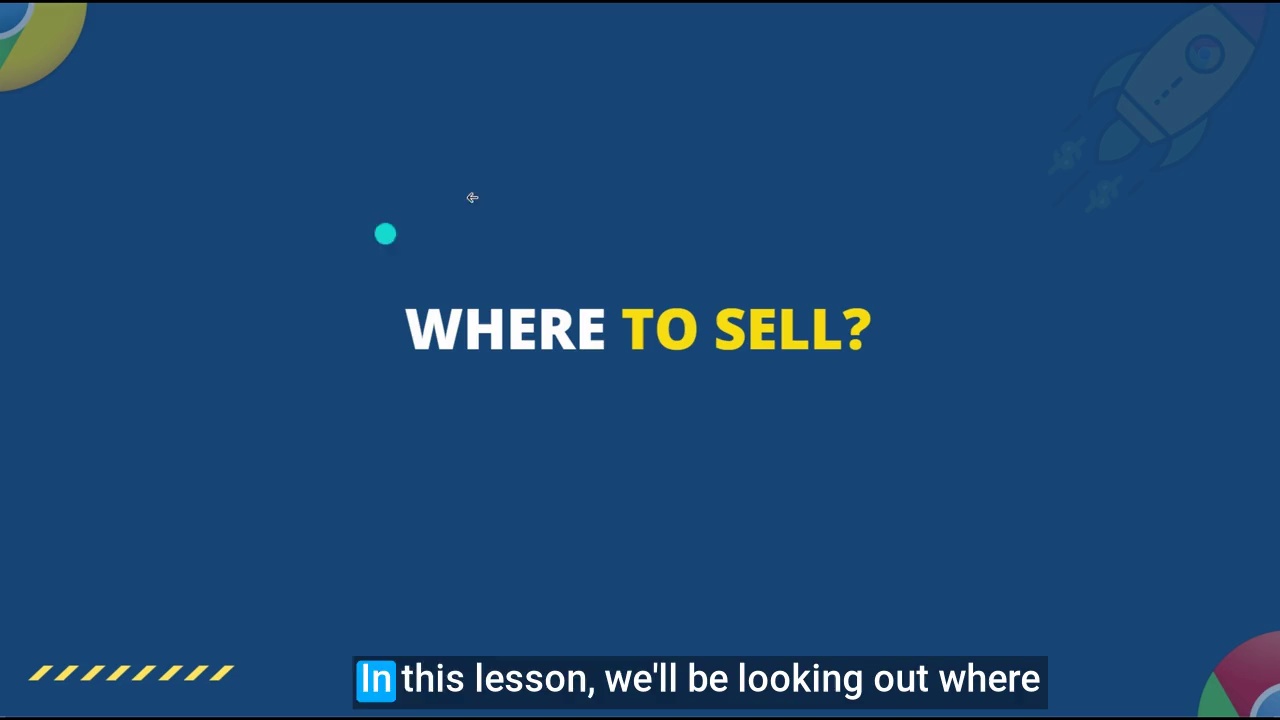
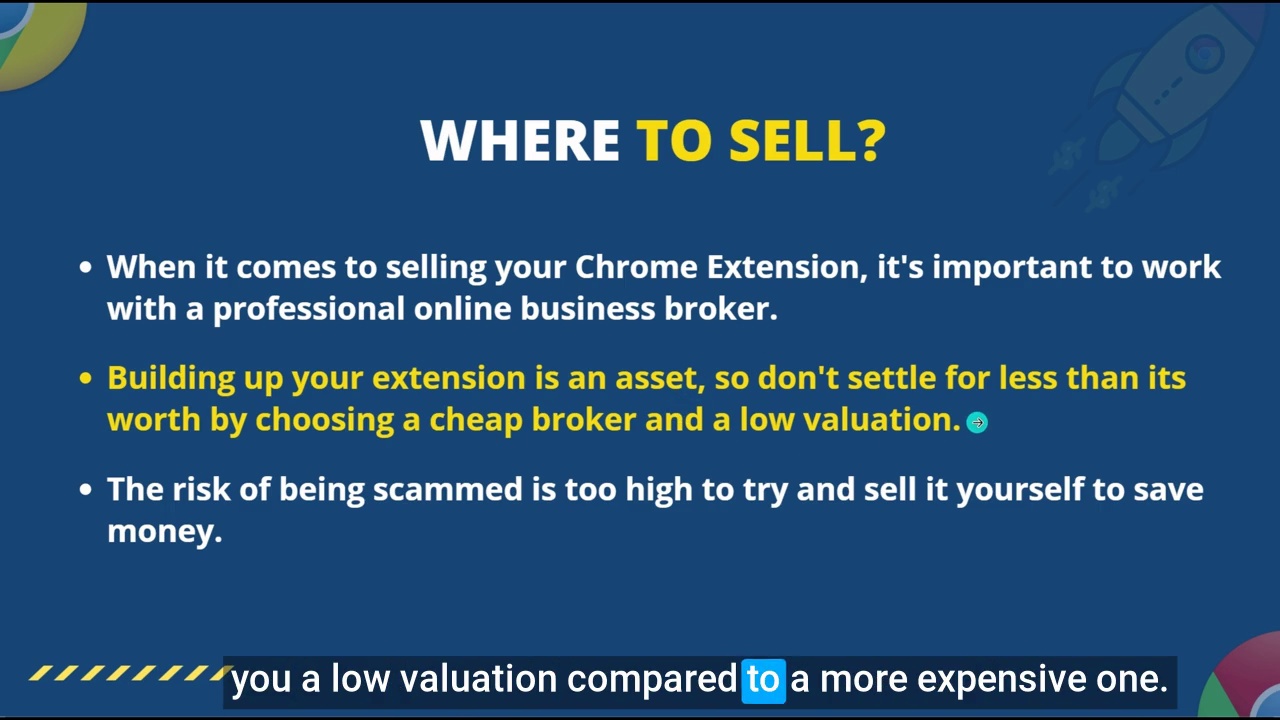
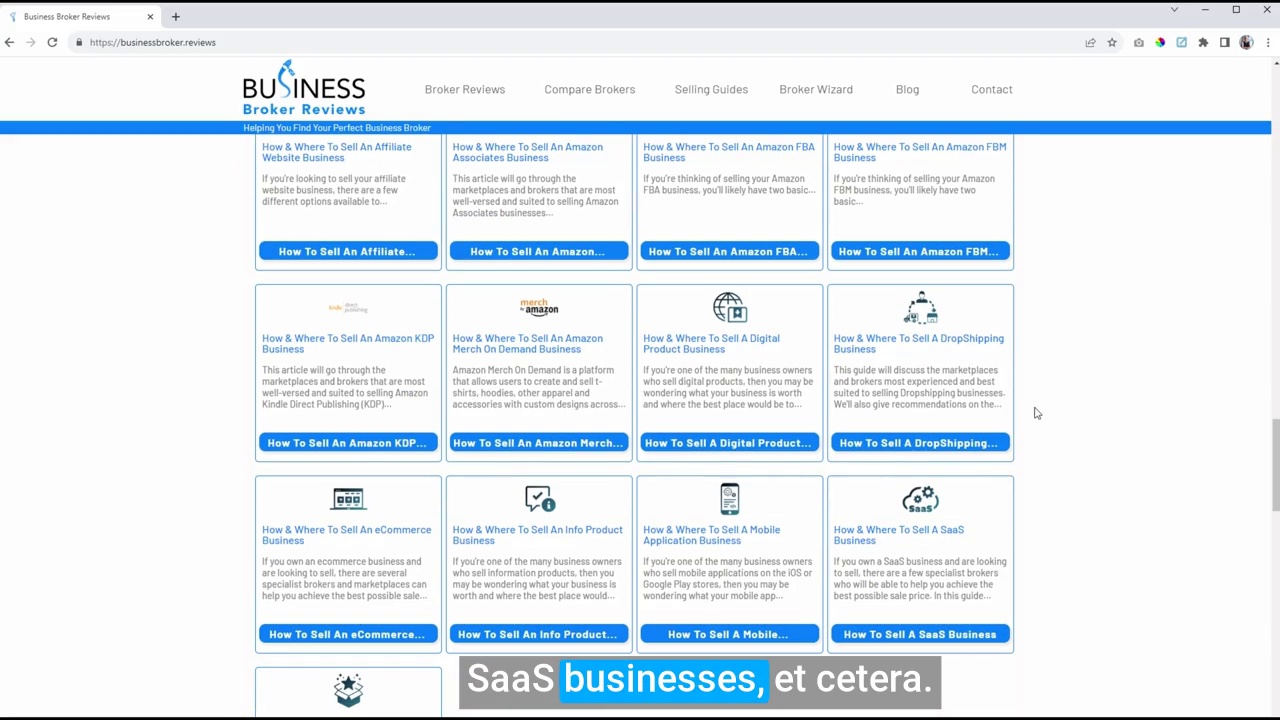
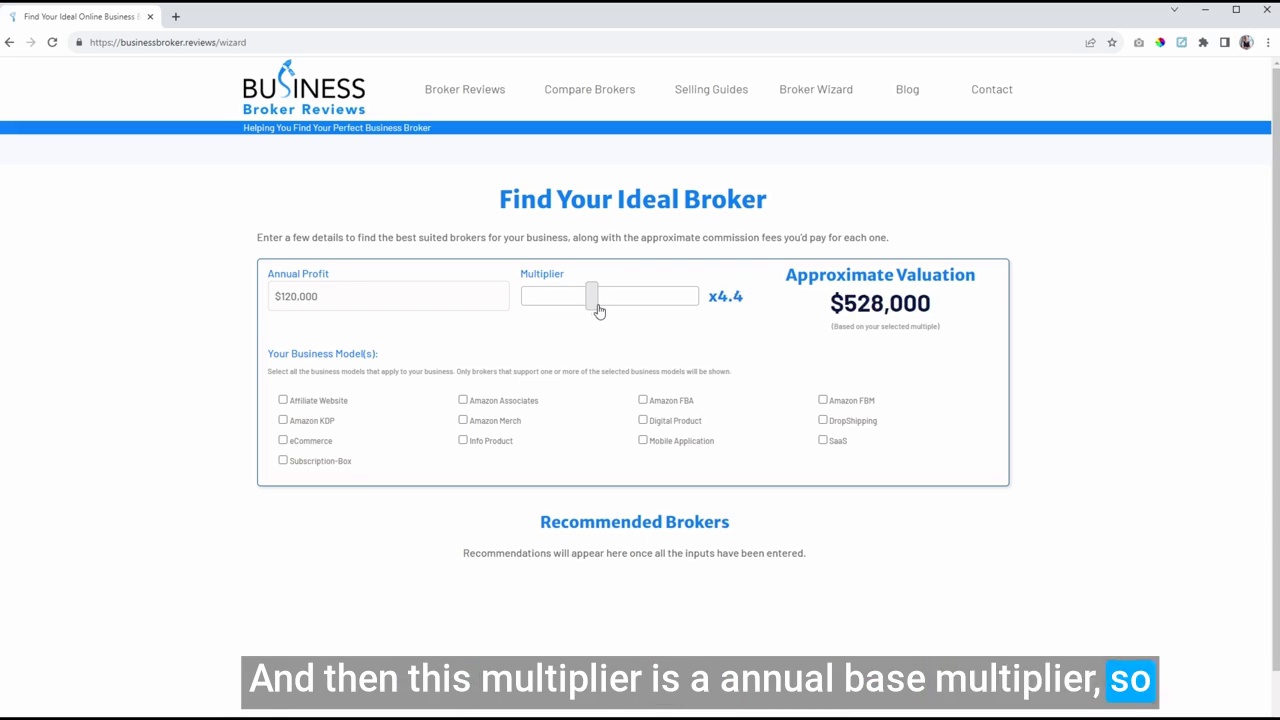
The narrator advises against selling a Chrome extension business independently due to risks of financial loss and legal issues. He recommends using an online business broker or marketplace to manage the sale process.
Professional brokers help ensure fair valuation and reduce the risk of scams. The narrator created a website called businessbroker.reviews to compare different online brokers after selling his own Chrome extensions.
The website features:
- Reviews of different brokers
- Side-by-side comparisons of brokers
- Guides for selling specific business models
- A "Broker Wizard" tool to estimate business value and broker fees
The narrator built the site using bubble.io, a no-code platform. He offers personal assistance in choosing a broker and guidance through the selling process if users use his referral link.
The next lesson in the course will cover how to value a Chrome extension business.
.https://fldmp.com/9Rick%20Blyth%20-%20Chrome-Ext/12-%20Exit/04-Where%20To%20Sell.mp4 - Part 2




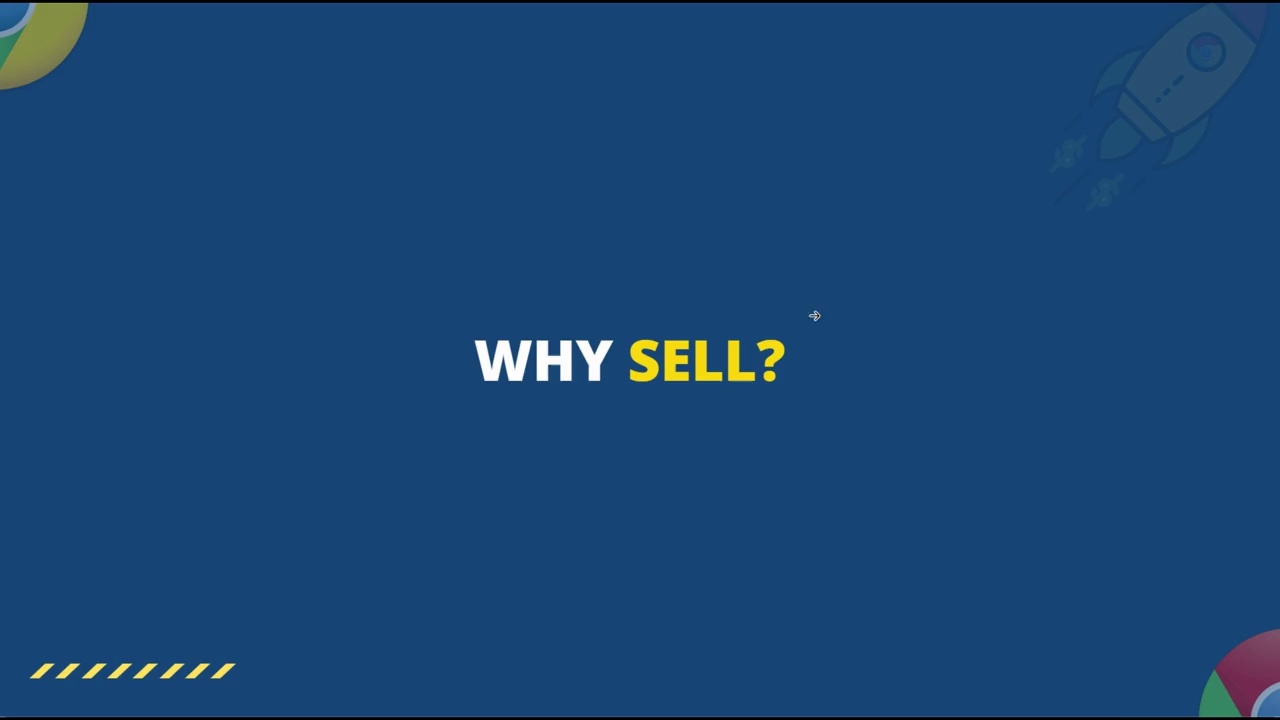
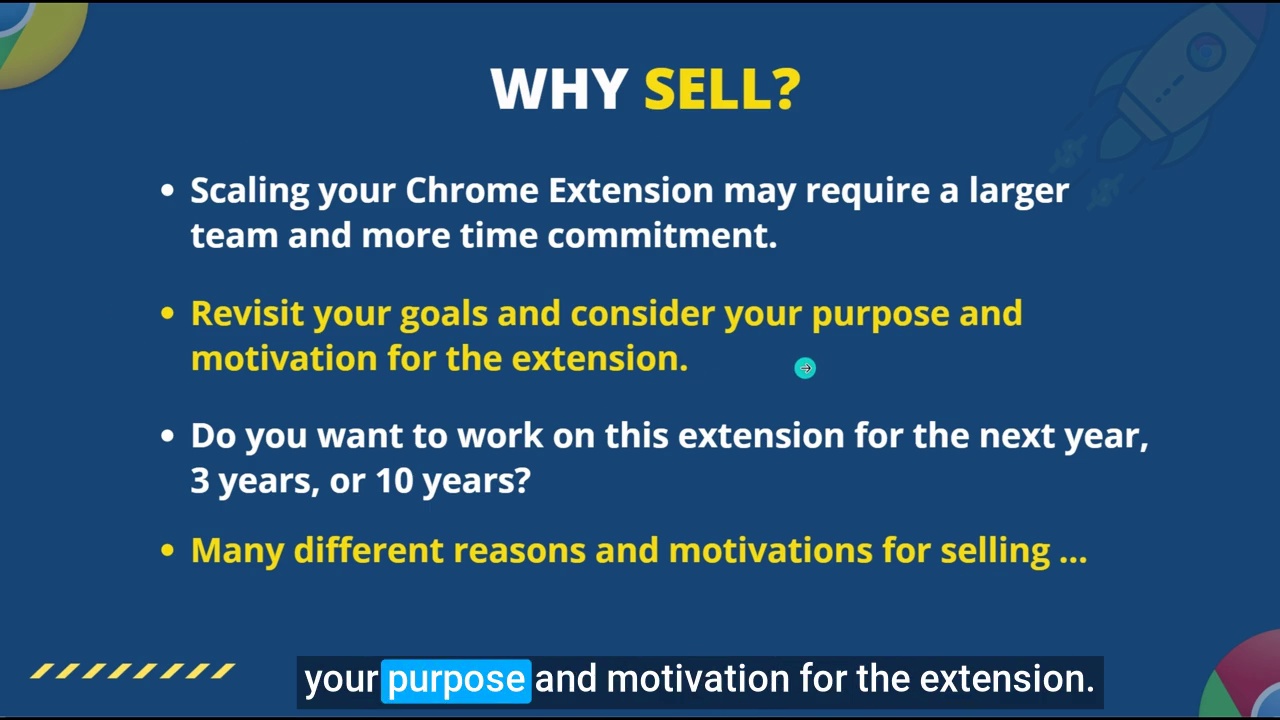
The narrator discusses reasons for selling a successful Chrome extension business. A key benefit is receiving a lump sum payment equivalent to 4-8 years of profit. This eliminates future risks of decreased popularity or platform changes.
Reasons to sell include:
- Avoiding the need to manage a larger team
- Preference for starting new projects
- Burnout from working too hard
- Lack of expertise in scaling the business
- Desire for a change of scenery
- Foreseeing risks to the business
- Financial gain to fund new projects
- Declining trends in the niche
- Increased competition
- Interest in exploring other business opportunities
The narrator suggests having an exit strategy and target exit amount in mind from the start. It's important to consider long-term goals and motivations for the extension. If one doesn't want to work on it for the next 1-10 years, an exit strategy should be formulated.
The narrator shares personal experience, having worked on extensions for over three years before selling due to a desire for change and lack of excitement in the niche.
.https://fldmp.com/9Rick%20Blyth%20-%20Chrome-Ext/12-%20Exit/04-Where%20To%20Sell.mp4 - Part 3







An exit involves selling a Chrome extension for a cash lump sum payment. The seller hands over control and is no longer responsible for the extension. The buyer takes ownership and future direction of the extension.
Exits are typically structured as asset sales. The buyer purchases the extension from the seller's business rather than acquiring the entire company. A handover period is common, ranging from very short to 90 days.
Some exits include an earn-out period. The seller may receive 60% upfront and earn the remaining 40% over 6-12 months. The subscription revenue transfers to the buyer in exchange for the lump sum payment.
Sellers can expect to receive 4-8 times their annual profit when exiting. The exact multiple depends on various factors discussed in a separate lesson on valuing Chrome extension businesses.
The narrator mentions that the next lesson will cover motivations for exiting a Chrome extension business.
.https://fldmp.com/9Rick%20Blyth%20-%20Chrome-Ext/12-%20Exit/04-Where%20To%20Sell.mp4 - Part 4







The narrator introduces a module on engineering an exit strategy for selling a Chrome extension. They will cover the following topics:
• What an exit is
• Reasons for wanting to exit
• Where to sell a Chrome extension business
• How to value a Chrome extension business
• The end-to-end selling process
• The narrator's personal experience selling Chrome extensions
This appears to be a brief introduction to a larger course or module on the topic of selling Chrome extension businesses.
.